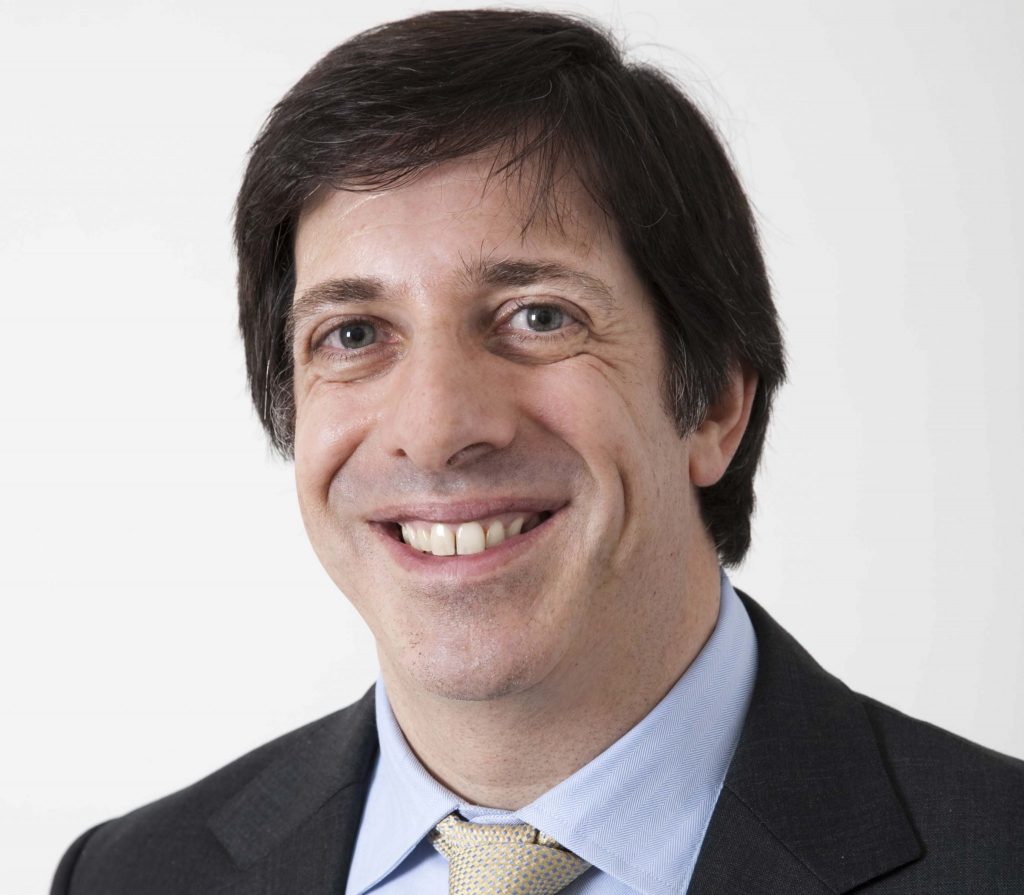Support, not condemnation – Dr Michael Sultan Endocare
Featured Products Promotional FeaturesPosted by: Dental Design 14th February 2019


ENDOCARE
In 2011, a young boy died whilst in the care of junior doctor Dr Hadiza Bawa-Garba. In 2015, Dr Bawa-Garba was convicted of manslaughter by gross negligence and in January of this year, she was struck off the General Medical Council’s (GMC) register. This decision was made at the insistence of the GMC itself, which directly appealed against an earlier ruling that recommended a year long suspension.
In August 2018 after a lengthy appeal process, this decision was reversed and Dr Bawa-Garba has been allowed to continue her work in the medical profession.
The whole episode has been incredibly divisive. There has been an outpouring of support for Dr Bawa-Garba from within the profession, who believe the GMC’s interfering was unnecessarily heavy-handed, and some who believe that the GMC should have supported Dr Bawa-Garba, not condemned her – especially in light of the many contextual difficulties that she faced in the lead up to the child’s death. It has also been recognised by her supporters that if Dr Bawa-Garba, who is from Nigeria, had been white she would not have been so relentlessly pursued for her mistake.[1]
And, yes, Dr Bawa-Garba did make a mistake – by her own admission, she missed the tell-tale signs of sepsis which ultimately led to the patient’s death. But does this mean that she should be so aggressively punished? Held accountable, certainly; condemned, hounded by the GMC in the courts and professionally undermined? No, probably not. Indeed, in a salient letter written by a retired doctor it is pointed out that the study and practice of medicine and healthcare is difficult, complex and uncertain.[2]Mistakes will be made, but professionals should not be threatened with court proceedings when they do.
This is, as we all know, something that has been increasingly prevalent in our own corner of the healthcare profession. Dentists are being sued more regularly – and with far greater ferocity – than ever before. And we have received little support from the GDC in this regard; indeed, they have often been our most dogged persecutors.
Now, I am in no way trying to defend professional malpractice or misdemeanour. Wilful negligence or abuse cannot be tolerated in dentistry and those practitioners who do not meet the standards of the profession should be punished with suspension or removal from the register. But those who make genuine mistakes, for genuine reasons, should be treated quite differently. They certainly shouldn’t be vilified or dragged through lengthy and demoralising punitive processes. They should, as I have said, be held accountable for their actions – they should hold up their hands and admit to their mistakes (we have, after all, a duty to professional candour). But if we do not feel safe to do so, if we feel the looming presence of legal retribution hanging over us, why would we eagerly throw ourselves onto the fire? This kind of environment will only create an overly defensive, closed profession, where we should be striving for the complete opposite: openness and transparency. This is, after all, the only way we will be able to build up a community of trust within the profession, which is so crucial to the work we do. Whether it’s trust between patient and practitioner, or practitioner and regulatory body, it is essential that we do not jeopardise this relationship.
Dr Bawa-Garba’s case asks many questions of the medical profession as a whole, and many that are relevant to dentistry. Where does blame lie, for example? What manner of punishment should be meted out to professionals who mistake – and who has the final say when it comes to determining this punishment? To what extent should any punishment be publicised, if it will affect the professional reputation of the punished? Unfortunately, there are no clear answers – but it is blindingly obvious that such issues need long and careful consideration in the future.
Regrettably, mistakes are unavoidable. But they are also one of the most important teaching methods we have. Dentistry, as with all areas of healthcare, is an almost continual learning experience – but we will never be able to learn if we are not able to make mistakes. This doesn’t mean it’s a case of ignoring mistakes when they happen, but rather knowing how to deal with them more effectively and taking steps to ensure they happen less frequently.
For further information please call EndoCare on 020 7224 0999
Or visit www.endocare.co.uk
EndoCare, led by Dr Michael Sultan, is one of the UK’s most trusted Specialist Endodontist practices. Through the use of the latest technologies and techniques, the highly-trained team can offer exceptional standards of care – always putting the patient first. What’s more, EndoCare is a dependable referral centre, to which dentists from across the country send their patients for the best in specialist endodontic treatment.
[1]The Guardian: Dr Hadiza Bawa-Garba wins appeal against being struck off – https://www.theguardian.com/uk-news/2018/aug/13/dr-hadiza-bawa-garba-wins-appeal-against-decision-to-strike-her-off
[2]The Guardian, Letters: We must support not sue our doctors – https://www.theguardian.com/society/2018/aug/15/we-must-support-not-sue-our-doctors










